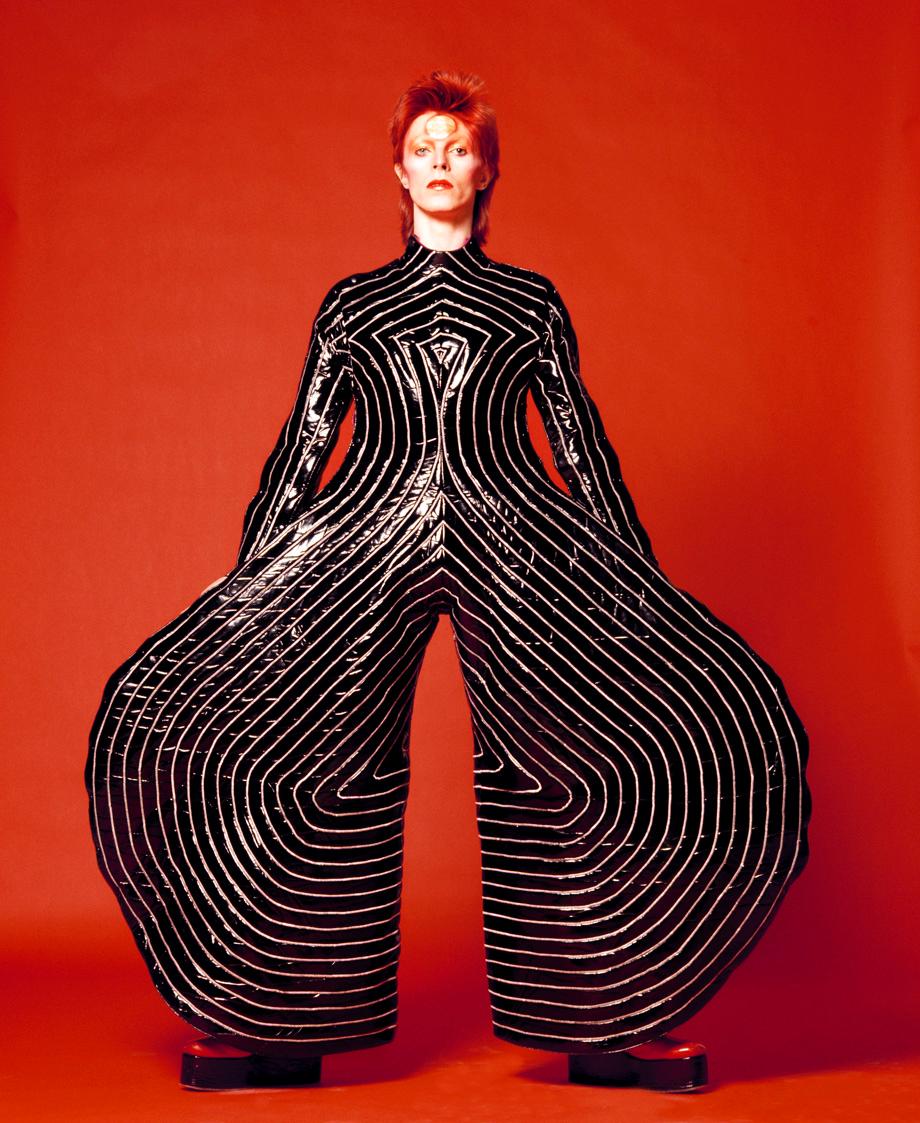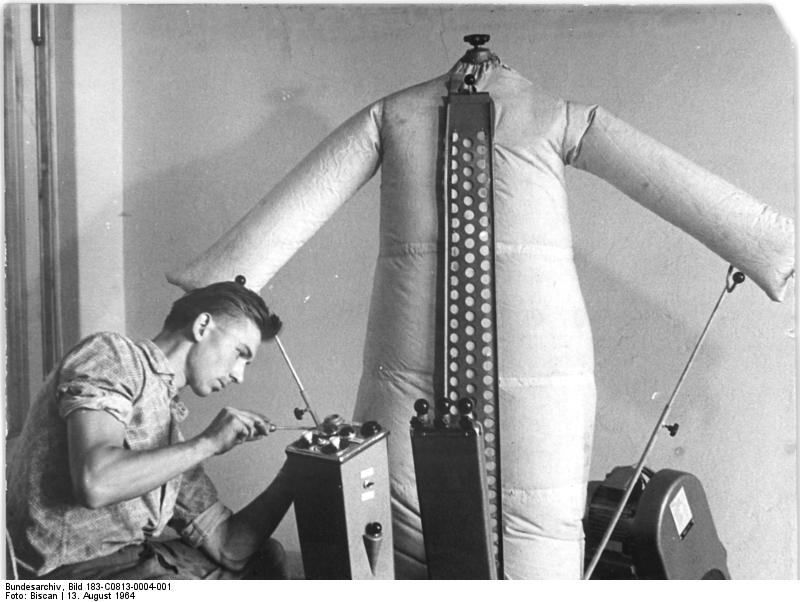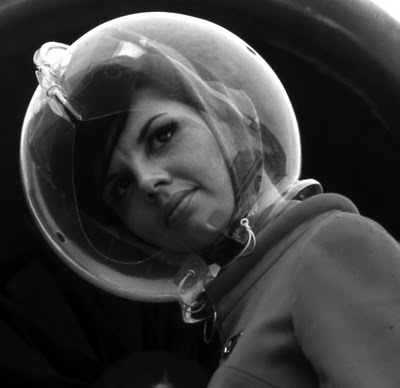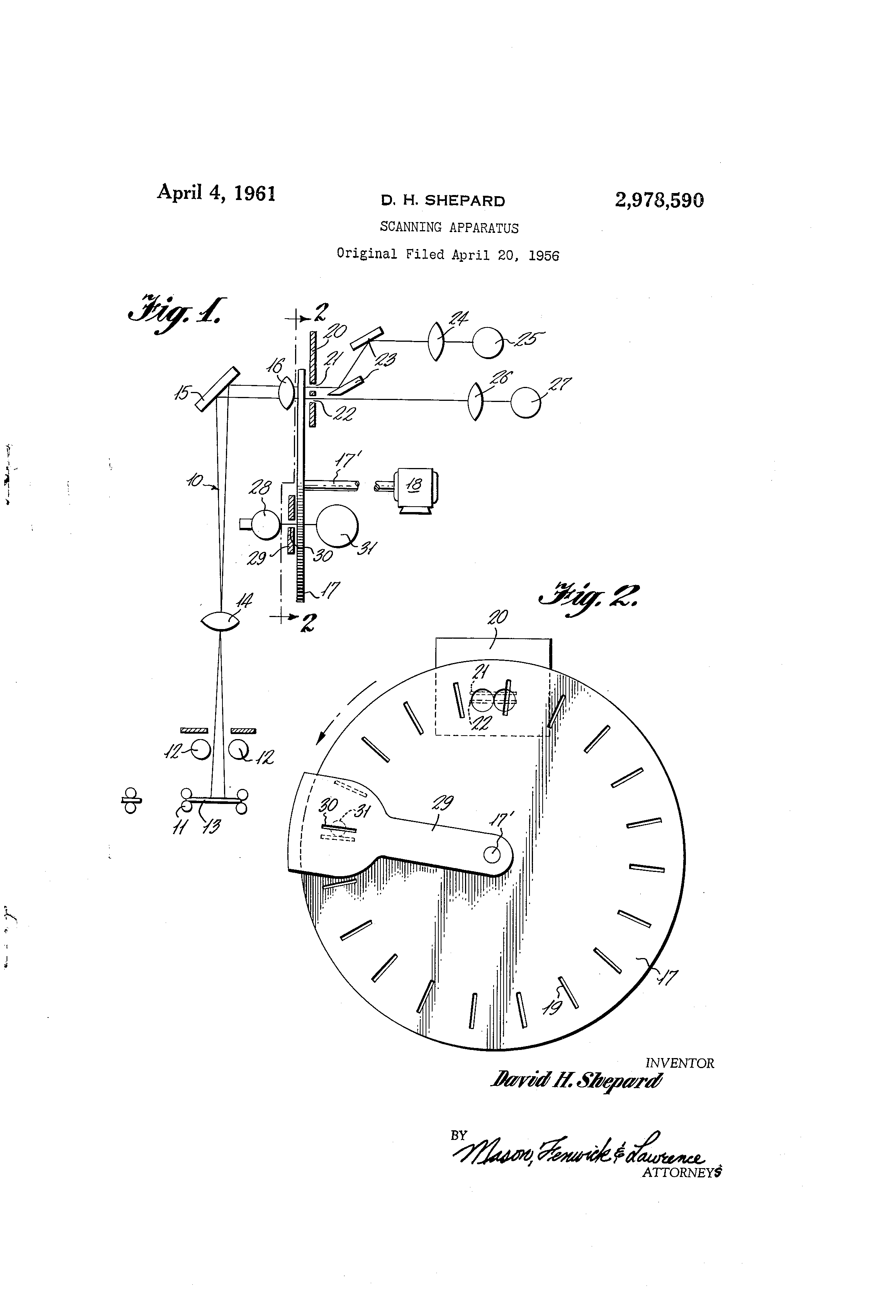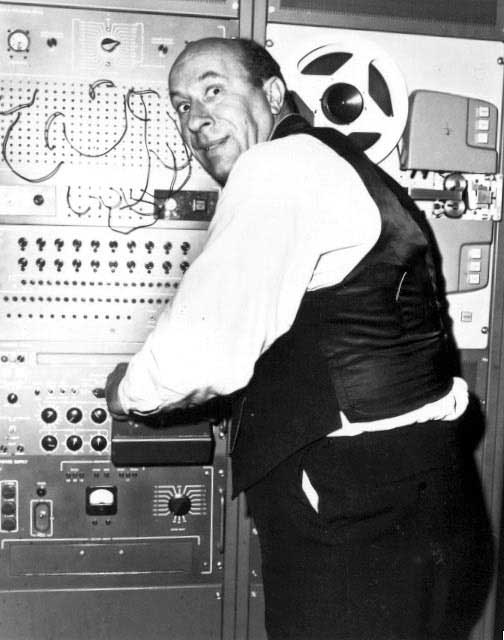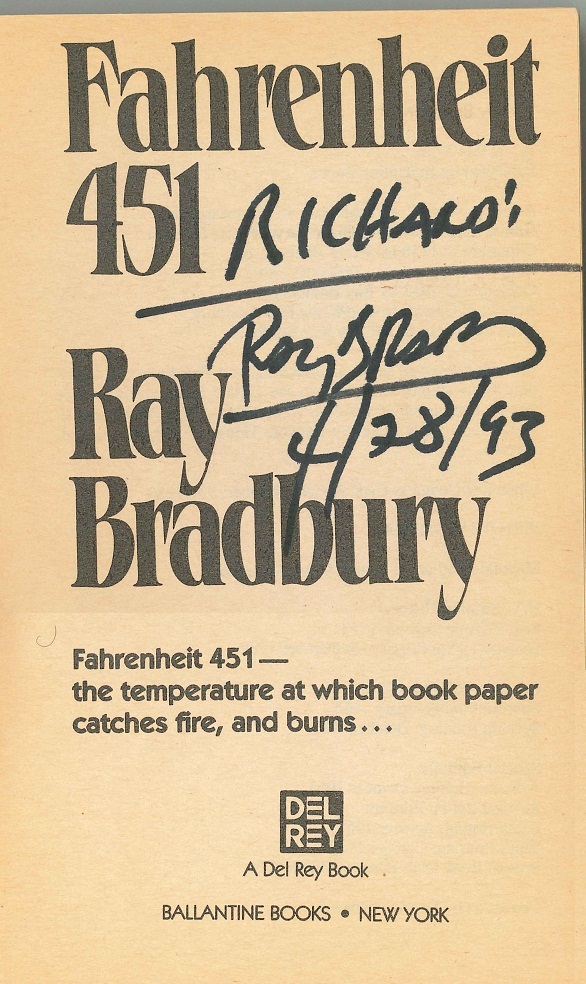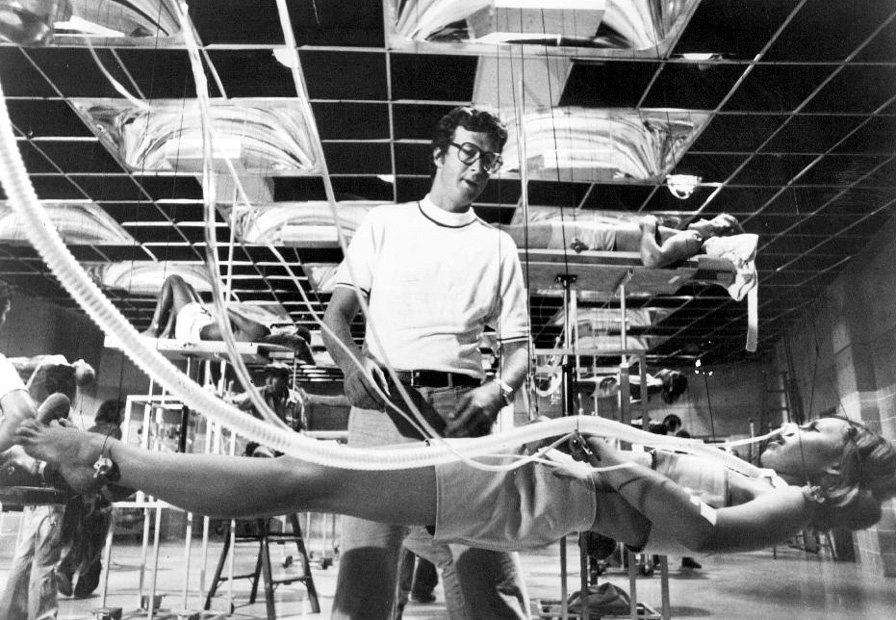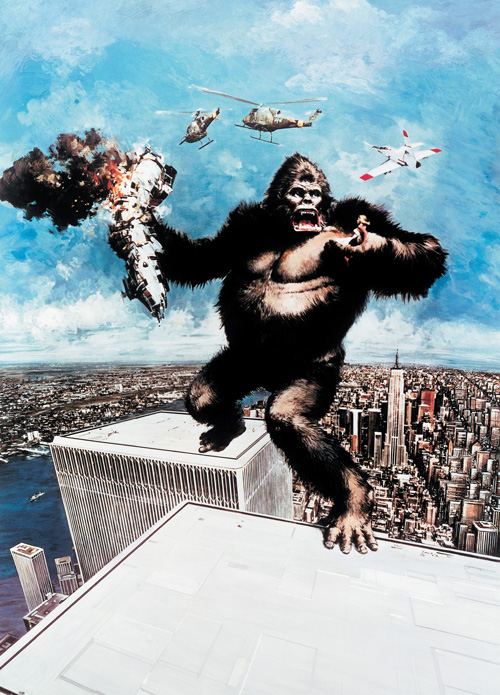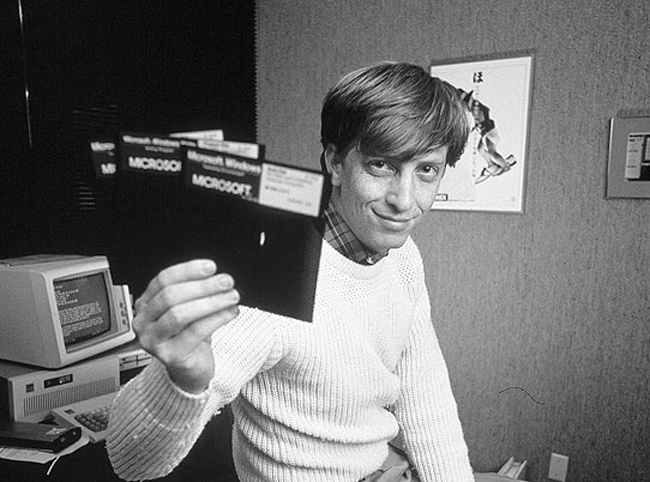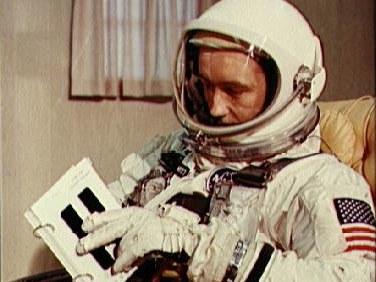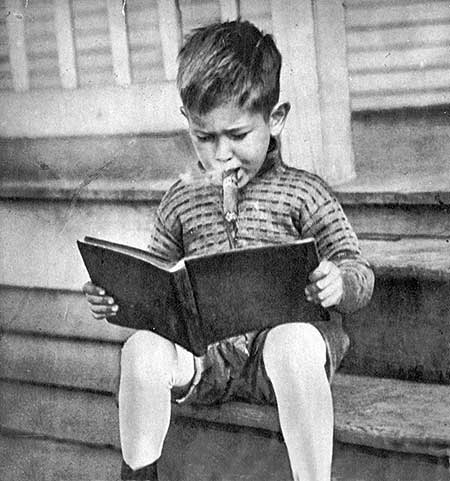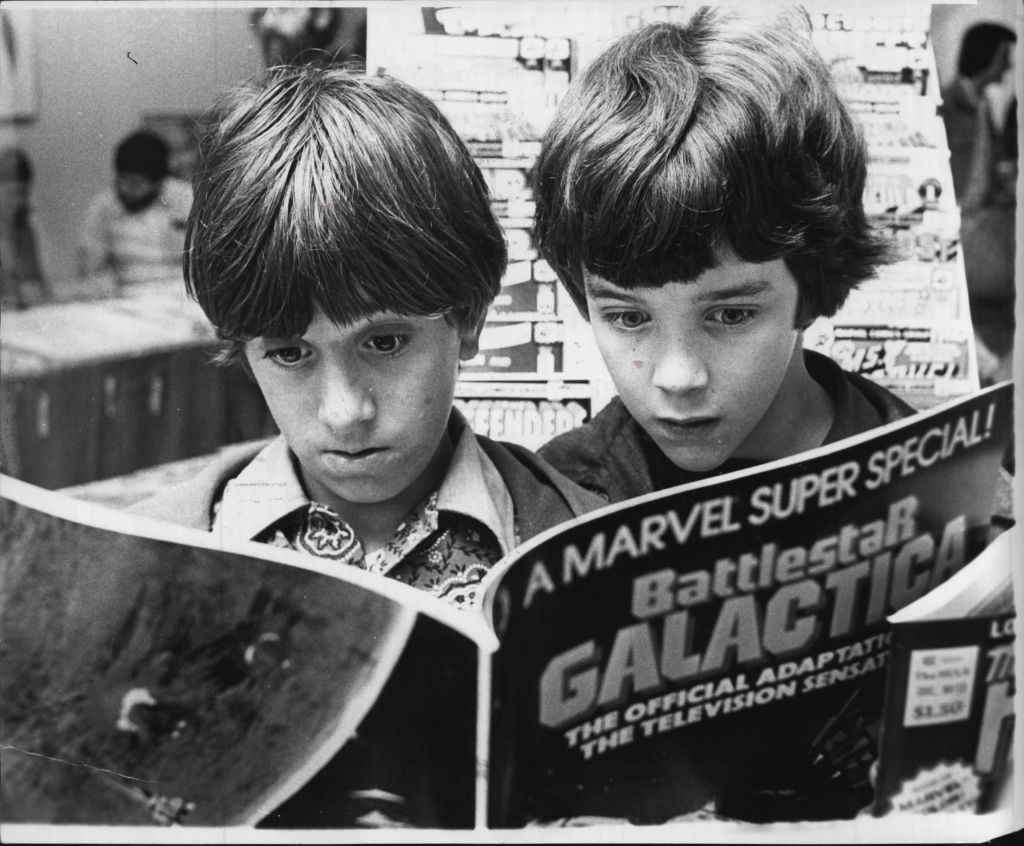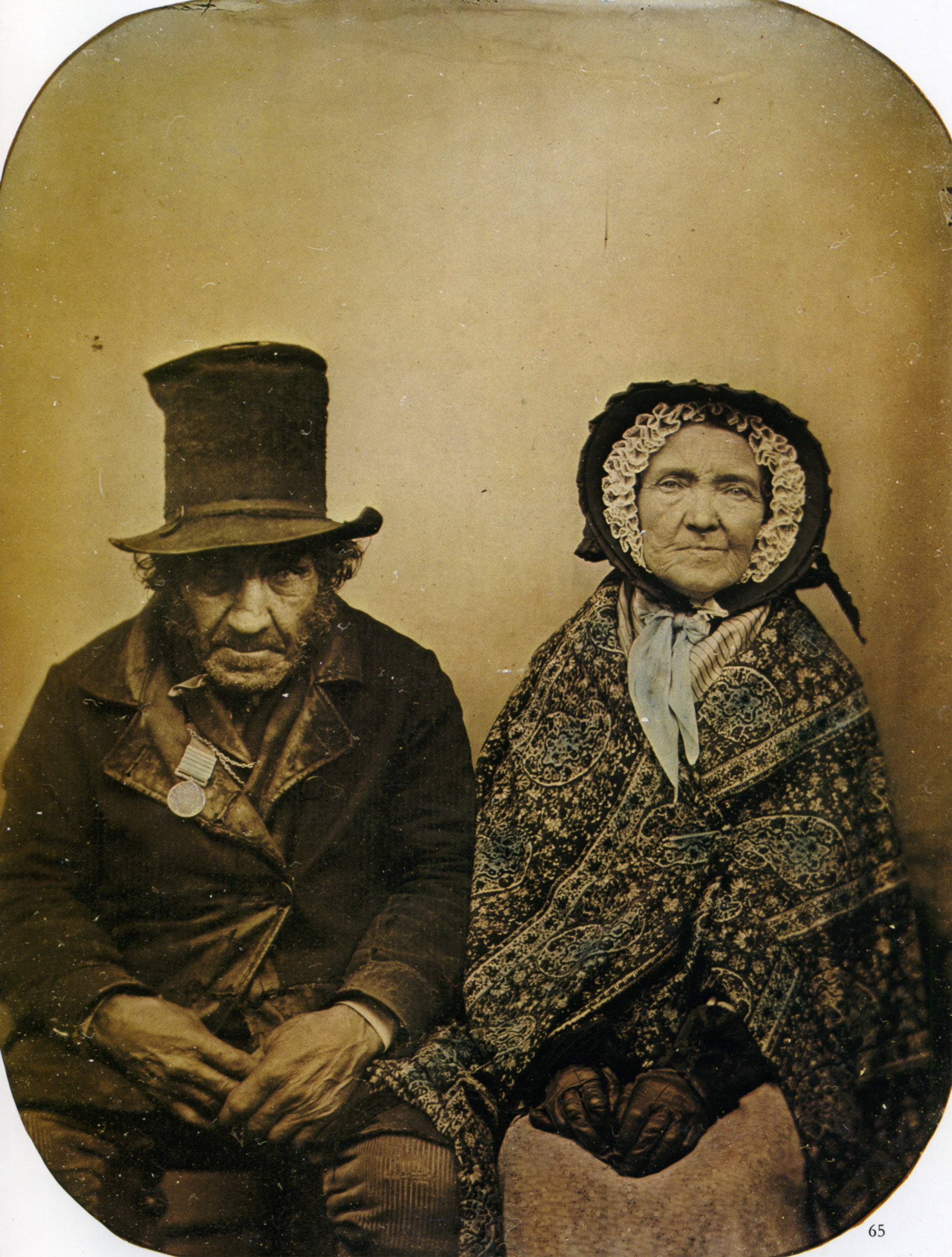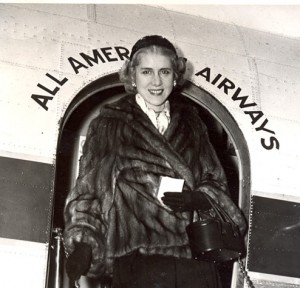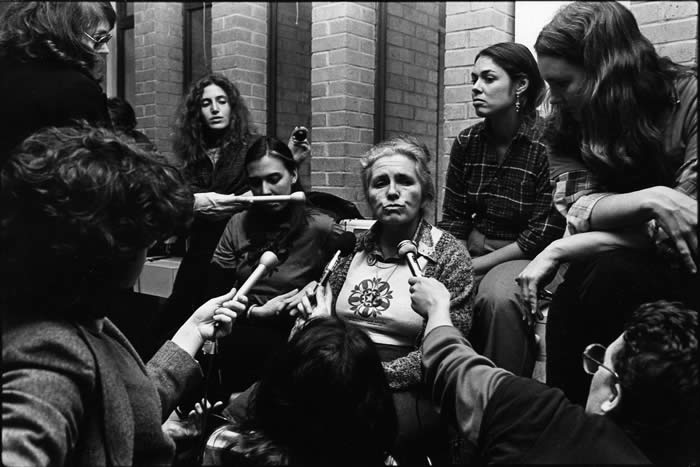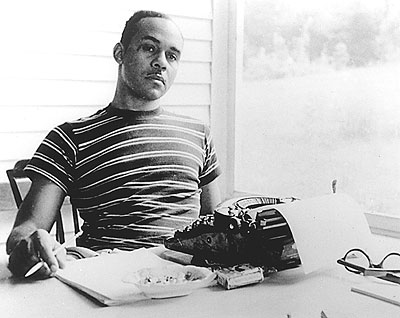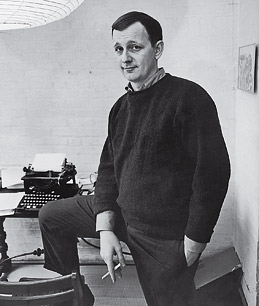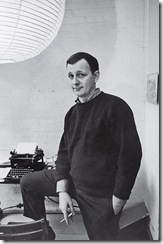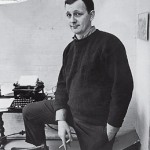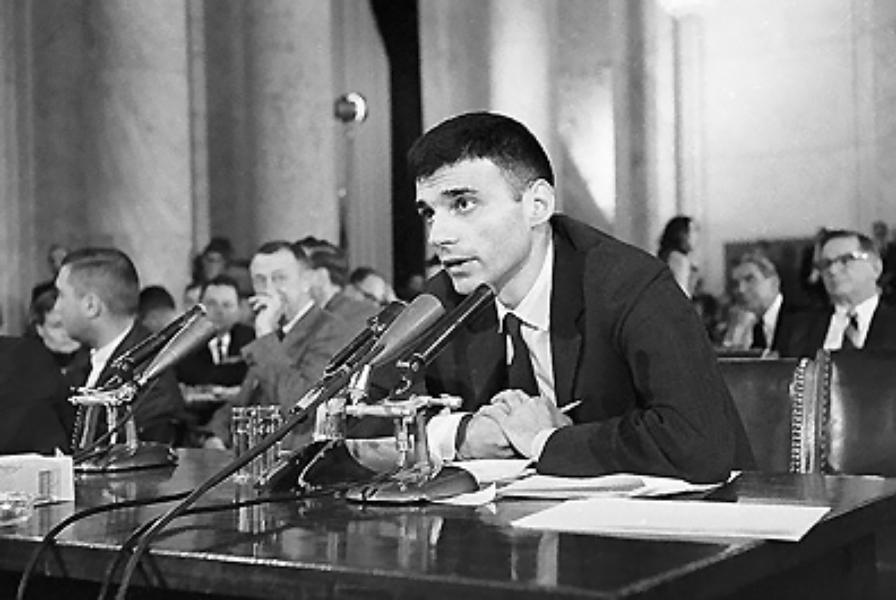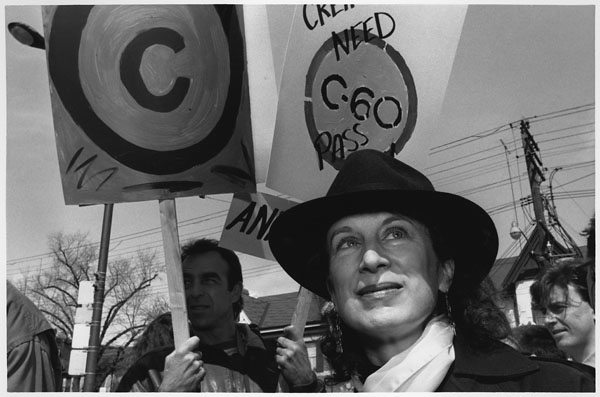Via Liz Bury at the Guardian, here’s David Bowie’s list of must-read books that’s been released as part of an exhibition about the pop star at the Art Gallery of Ontario:
- The Age of American Unreason, Susan Jacoby (2008)
- The Brief Wondrous Life of Oscar Wao, Junot Diaz (2007)
- The Coast of Utopia (trilogy), Tom Stoppard (2007)
- Teenage: The Creation of Youth 1875-1945, Jon Savage (2007)
- Fingersmith, Sarah Waters (2002)
- The Trial of Henry Kissinger, Christopher Hitchens (2001)
- Mr Wilson’s Cabinet of Wonder, Lawrence Weschler (1997)
- A People’s Tragedy: The Russian Revolution 1890-1924, Orlando Figes (1997)
- The Insult, Rupert Thomson (1996)
- Wonder Boys, Michael Chabon (1995)
- The Bird Artist, Howard Norman (1994)
- Kafka Was the Rage: A Greenwich Village Memoir, Anatole Broyard (1993)
- Beyond the Brillo Box: The Visual Arts in Post-Historical Perspective, Arthur C. Danto (1992)
- Sexual Personae: Art and Decadence from Nefertiti to Emily Dickinson, Camille Paglia (1990)
- David Bomberg, Richard Cork (1988)
- Sweet Soul Music: Rhythm and Blues and the Southern Dream of Freedom, Peter Guralnick (1986)
- The Songlines, Bruce Chatwin (1986)
- Hawksmoor, Peter Ackroyd (1985)
- Nowhere to Run: The Story of Soul Music, Gerri Hirshey (1984)
- Nights at the Circus, Angela Carter (1984)
- Money, Martin Amis (1984)
- White Noise, Don DeLillo (1984)
- Flaubert’s Parrot, Julian Barnes (1984)
- The Life and Times of Little Richard, Charles White (1984)
- A People’s History of the United States, Howard Zinn (1980)
- A Confederacy of Dunces, John Kennedy Toole (1980)
- Interviews with Francis Bacon, David Sylvester (1980)
- Darkness at Noon, Arthur Koestler (1980)
- Earthly Powers, Anthony Burgess (1980)
- Raw, a “graphix magazine” (1980-91)
- Viz, magazine (1979 –)
- The Gnostic Gospels, Elaine Pagels (1979)
- Metropolitan Life, Fran Lebowitz (1978)
- In Between the Sheets, Ian McEwan (1978)
- Writers at Work: The Paris Review Interviews, ed Malcolm Cowley (1977)
- The Origin of Consciousness in the Breakdown of the Bicameral Mind, Julian Jaynes (1976)
- Tales of Beatnik Glory, Ed Saunders (1975)
- Mystery Train, Greil Marcus (1975)
- Selected Poems, Frank O’Hara (1974)
- Before the Deluge: A Portrait of Berlin in the 1920s, Otto Friedrich (1972)
- In Bluebeard’s Castle: Some Notes Towards the Re-definition of Culture, George Steiner (1971)
- Octobriana and the Russian Underground, Peter Sadecky (1971)
- The Sound of the City: The Rise of Rock and Roll, Charlie Gillett (1970)
- The Quest for Christa T, Christa Wolf (1968)
- Awopbopaloobop Alopbamboom: The Golden Age of Rock, Nik Cohn (1968)
- The Master and Margarita, Mikhail Bulgakov (1967)
- Journey into the Whirlwind, Eugenia Ginzburg (1967)
- Last Exit to Brooklyn, Hubert Selby Jr (1966)
- In Cold Blood, Truman Capote (1965)
- City of Night, John Rechy (1965)
- Herzog, Saul Bellow (1964)
- Puckoon, Spike Milligan (1963)
- The American Way of Death, Jessica Mitford (1963)
- The Sailor Who Fell from Grace With the Sea, Yukio Mishima (1963)
- The Fire Next Time, James Baldwin (1963)
- A Clockwork Orange, Anthony Burgess (1962)
- Inside the Whale and Other Essays, George Orwell (1962)
- The Prime of Miss Jean Brodie, Muriel Spark (1961)
- Private Eye, magazine (1961 –)
- On Having No Head: Zen and the Rediscovery of the Obvious, Douglas Harding (1961)
- Silence: Lectures and Writing, John Cage (1961)
- Strange People, Frank Edwards (1961)
- The Divided Self, RD Laing (1960)
- All the Emperor’s Horses, David Kidd (1960)
- Billy Liar, Keith Waterhouse (1959)
- The Leopard, Giuseppe di Lampedusa (1958)
- On the Road, Jack Kerouac (1957)
- The Hidden Persuaders, Vance Packard (1957)
- Room at the Top, John Braine (1957)
- A Grave for a Dolphin, Alberto Denti di Pirajno (1956)
- The Outsider, Colin Wilson (1956)
- Lolita, Vladimir Nabokov (1955)
- Nineteen Eighty-Four, George Orwell (1949)
- The Street, Ann Petry (1946)
- Black Boy, Richard Wright (1945)

